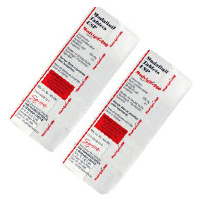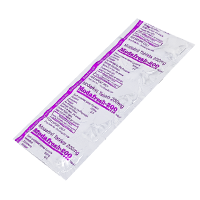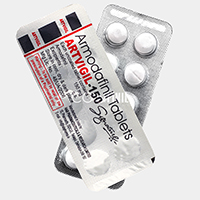
Modafinil, a drug primarily used to treat sleep disorders such as narcolepsy and shift work sleep disorder, has also shown potential as a treatment for depression and other mood disorders.
Depression is a common mental health condition that affects millions of people worldwide. While there are various treatments available, including therapy and antidepressant medications, many individuals do not respond well to these options or experience significant side effects.
Research has shown that modafinil may have antidepressant effects, particularly in individuals who have not responded well to traditional antidepressant medications. A study published in the Journal of Clinical Psychopharmacology found that modafinil significantly improved symptoms of depression in patients with bipolar disorder who were not responding well to other treatments.
Additionally, modafinil has been shown to improve symptoms of fatigue and sleepiness, which are common in individuals with depression. This improvement in energy levels and wakefulness can lead to an overall improvement in mood and quality of life.
Another potential benefit of modafinil in the treatment of mood disorders is its potential to improve cognitive function. Individuals with depression often experience cognitive difficulties such as impaired attention, memory, and executive function. Modafinil has been shown to improve cognitive performance in healthy individuals, and some studies have suggested it may also improve cognitive function in individuals with depression.
However, it's important to note that modafinil is not a first-line treatment for depression or other mood disorders. It should only be used under the guidance of a healthcare professional and in combination with other treatments as appropriate. Additionally, modafinil can have side effects, including headache, nausea, and insomnia, and it can interact with other medications.
In conclusion, modafinil shows promise as a potential treatment for depression and other mood disorders. It has been shown to improve symptoms of depression, fatigue, and cognitive difficulties in some individuals. However, more research is needed to determine its full potential in the treatment of mood disorders, and it should only be used under the guidance of a healthcare professional.






